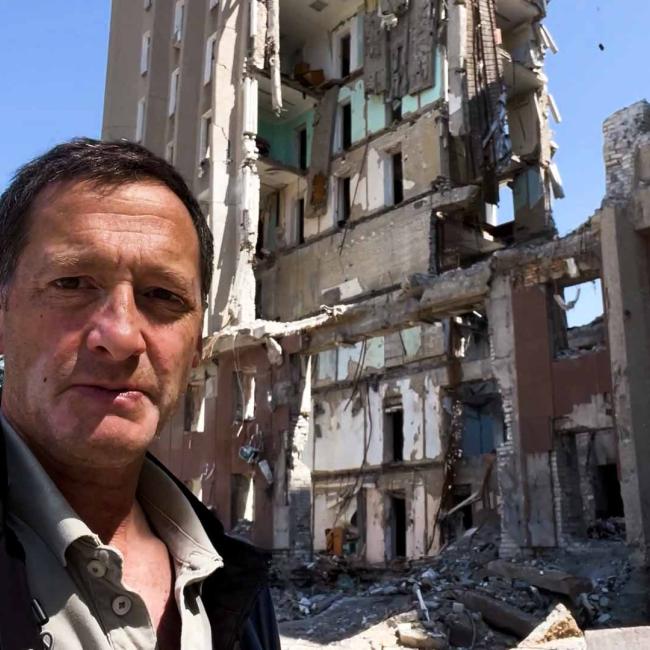Anthony Borden
IWPR Executive Director
US & NL Governance Committees; Finance Committee; Nominations Committee
IWPR Executive Director
US & NL Governance Committees; Finance Committee; Nominations Committee
Tony is the founder of the Institute for War & Peace Reporting. He was editor of the highly regarded IWPR magazine War Report from 1991-98 and was commended for the “Best Online Journalism Service” in the 1999 NetMedia journalism awards, for IWPR's reporting on the Kosovo crisis. He has worked with the UK's Department for International Development assessing media programs in post-communist countries. He has received a MacArthur Foundation NGO research fellowship to study media and conflict at King’s College, London. He has worked as an editor and writer for Harper's, The Nation, The American Lawyer and HarperCollins, and contributed to The Atlantic, The New York Times, The Washington Post, The Guardian, Newsweek, The International Herald Tribune and numerous other publications. He comments regularly on conflict and media issues for the BBC, CNN and other media. Tony is a member of the Council on Foreign Relations.
 Reporting from Ukraine by IWPR founder and executive director. |
|---|
A personal note by Anthony Borden, Executive Director of the Institute for War & Peace Reporting.
Women’s rights are a pathway to addressing social and political challenges around the world.
Eulogy for a friend and colleague delivered at a memorial service in London, October 13, 2015.
"Never again" does not mean much when divisions remain so deep.
IWPR's executive director describes the respect and affection people had for Ammar Al Shahbander.
As risks to journalists increase, fundamental belief in free media remains strong.
Paris attacks show that combating extremism demands solidarity among all who share common values in the West, the Middle East and beyond.
Malala Yousafzai showed the way for young Pakistanis to speak freely, and Taleban extremists reacted with the only methods they know.
Slobodan Milosevic surrenders to police, ending a tense stand-off at his residence in Belgrade.
Talks are underway for the surrender of Slobodan Milosevic amid a tense stand-off at his residence in Belgrade and a mounting power struggle between Yugoslav President Vojislav Kostunica and Serbian Prime Minister Zoran Djindjic.
